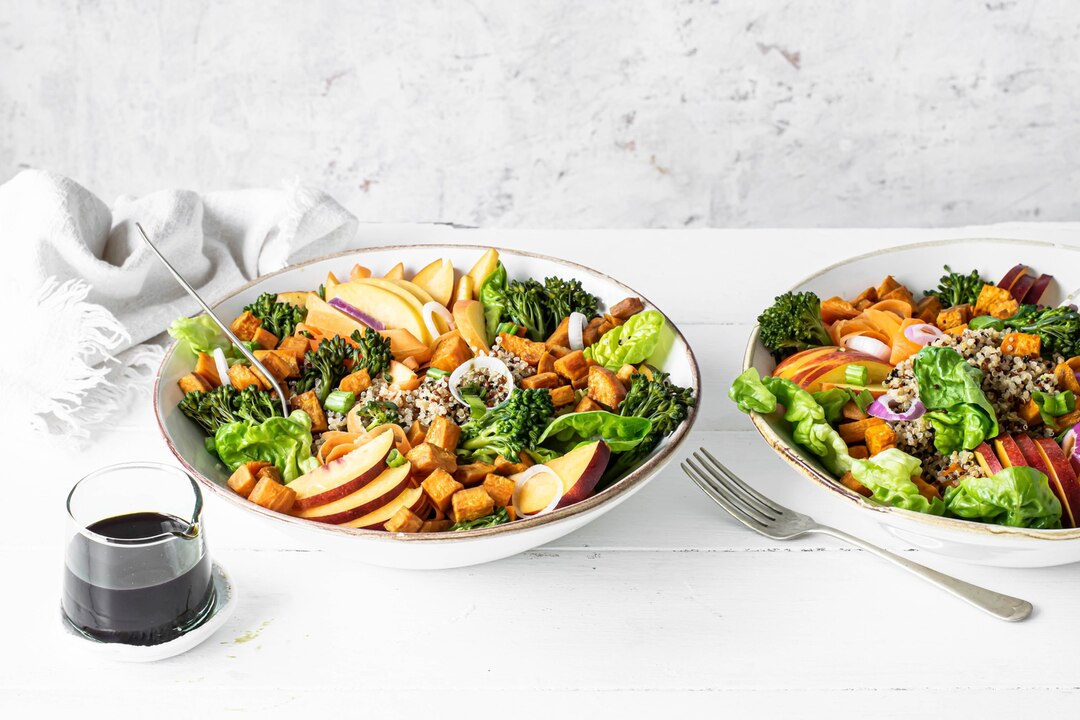In recent years, health experts have been emphasizing the importance of consuming a variety of plant-based foods for optimal health. One of the more exciting and progressive approaches to this is the concept of “30 plants a week,” a goal that is gaining traction in the wellness community. But what does it mean to get your “30 plants a week,” and why is it so important for your health? Let’s dive into the concept of plant points and how you can incorporate more plant-based foods into your diet.
What Are Plant Points?
The idea behind “30 plants a week” is simple yet powerful. It involves consuming 30 different plant-based foods throughout the week, which can include fruits, vegetables, whole grains, legumes, nuts, seeds, and even herbs and spices. The goal is to diversify your plant intake to provide your body with a broader range of nutrients, fibers, and antioxidants that support overall health and well-being.
Each of these plant-based foods counts as one “plant point.” The idea is to aim for 30 points a week—roughly 4-5 different plant foods per day. While the 30-plant rule may seem like a lot, it’s not about quantity, but variety. By incorporating more variety into your diet, you increase your intake of different nutrients that may be missing in a more monotonous diet.
Why Is It Important to Get 30 Plants a Week?
Our bodies are complex systems that require a wide variety of nutrients to function at their best. Plants are rich in vitamins, minerals, antioxidants, and dietary fiber, which are essential for maintaining good health. Here are a few key reasons why the “30 plants a week” rule is gaining popularity:
- Diverse Nutrients
Each plant food offers a unique array of nutrients. For example, leafy greens are rich in folate and iron, while berries provide antioxidants that fight free radicals. Root vegetables like carrots are packed with beta-carotene, while legumes offer plant-based protein. By consuming a variety of plant foods, you ensure you’re getting a broad spectrum of vitamins and minerals. - Gut Health
Eating a diverse array of plants is essential for maintaining a healthy gut microbiome. Different plants provide different types of fibers, which act as food for beneficial gut bacteria. A healthy gut microbiome is linked to better digestion, a stronger immune system, and even improved mental health. The more diverse your plant intake, the more likely you are to nourish a diverse range of gut bacteria. - Anti-Inflammatory Benefits
Plants are loaded with natural compounds that help reduce inflammation in the body. Chronic inflammation has been linked to a range of health issues, including heart disease, diabetes, and certain cancers. Many plant-based foods—such as berries, leafy greens, and nuts—are packed with anti-inflammatory properties that can help protect the body from these conditions. - Boosts Immunity
Fruits, vegetables, and other plant-based foods are full of vitamins and minerals that support immune health. Vitamin C from citrus fruits, zinc from legumes, and antioxidants from various colored fruits and vegetables help maintain a strong immune system, making it easier to fight off infections. - Improves Mental Health
Research suggests that a plant-rich diet can positively impact mental health by reducing symptoms of depression and anxiety. Plants like leafy greens, berries, and nuts contain nutrients like magnesium, folate, and omega-3 fatty acids, which have been linked to improved mood and cognitive function.
How Can You Reach 30 Plants a Week?
If you’re wondering how you can increase your plant intake, here are a few practical tips to help you get started:
- Diversify Your Fruits and Vegetables
Try to eat a wide variety of fruits and vegetables. Aim for different colors, as each color represents different nutrients. Add leafy greens (spinach, kale), root vegetables (carrots, sweet potatoes), cruciferous veggies (broccoli, cauliflower), and colorful fruits (berries, oranges, apples) to your meals. - Incorporate Whole Grains
Whole grains like quinoa, oats, brown rice, and barley are great plant-based foods that can easily be added to any meal. These grains provide essential nutrients and fiber, helping to increase your plant count. - Snack on Nuts and Seeds
Nuts and seeds, like almonds, walnuts, chia seeds, and flaxseeds, are nutrient-dense, providing healthy fats, protein, and fiber. Keep them on hand for a quick, plant-based snack. - Include Legumes
Legumes such as beans, lentils, and chickpeas are excellent sources of plant-based protein and fiber. You can incorporate them into soups, salads, curries, or even use them as the base for veggie burgers. - Add Herbs and Spices
Don’t overlook herbs and spices! Fresh herbs like cilantro, basil, and parsley are full of nutrients and can add extra flavor to your meals. Spices like turmeric, ginger, and garlic also provide numerous health benefits, making them valuable additions to your plant points total. - Try Plant-Based Meat Alternatives
There are many plant-based meat alternatives available that can help you hit your plant target, such as plant-based sausages, burgers, or crumbles. These alternatives often contain a mix of beans, grains, and other plant ingredients.
Making It a Habit
Getting 30 plants a week might seem daunting at first, but it’s a goal you can gradually work towards. Start by tracking your plant points to see how much variety you currently have in your diet. From there, focus on adding one or two new plant-based foods each week, and before long, reaching 30 plants will become second nature.
The concept of getting 30 plants a week is a simple but effective way to improve your diet and boost your health. By diversifying your intake of plant-based foods, you’re providing your body with a wider range of nutrients that support gut health, immunity, mental health, and more. The best part is that plant-based foods are delicious, versatile, and easy to incorporate into meals. So, why not start today? You might just find that a plant-rich diet is the key to feeling your best.








